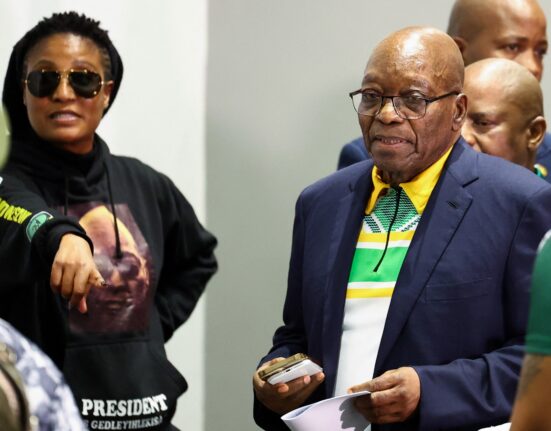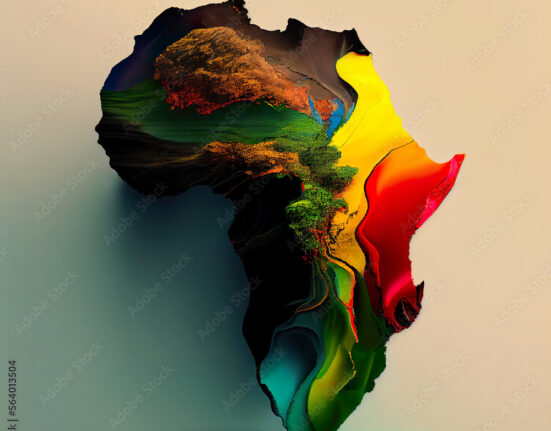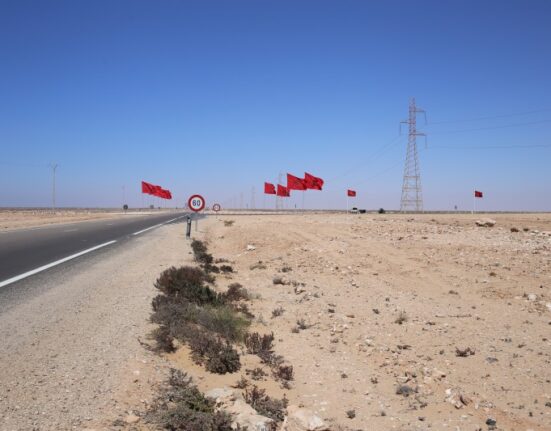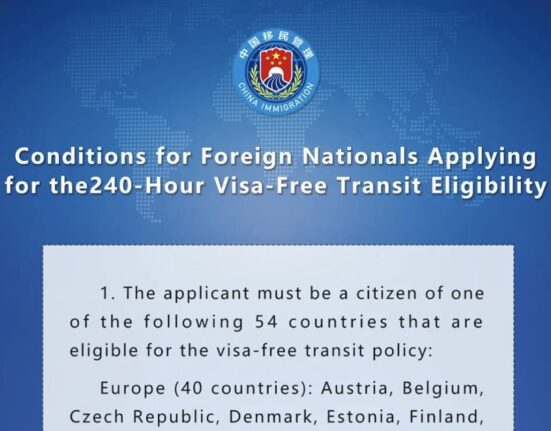In the vibrant political landscape of Ivory Coast, a stir has been caused by the Coalition for a Peaceful Alternation (CAP), an alliance of opposition parties. The coalition, led by prominent figures including former First Lady Simone Gbagbo and banker Tidjane Thiam, has called for urgent political dialogue with the ruling party, Rally of the Republicans (RDR), in anticipation of the upcoming presidential election scheduled for October 25, 2025.
Amidst growing tension and concerns over fairness in the electoral process, opposition leaders have raised objections to President Alassane Ouattara’s potential candidacy for a fourth term. They have also highlighted the exclusion of key political figures such as Tidjane Thiam from the official electoral list. In response to these challenges, Simone Gbagbo made a poignant plea to President Ouattara, urging him
“to take his pen to write an amnesty law that will erase everything.”
The coalition’s president and PDCI leader, Tidjane Thiam, emphasized the importance of upholding justice and fairness in elections. In a compelling video message projected in Paris, he stressed that
“justice must not be instrumentalized”
and called for a thorough review of electoral lists to ensure inclusivity and transparency before polling day.
The Independent Electoral Commission has come under fire from CAP members who argue that it displays bias favoring the ruling party. The opposition’s demand for impartiality and integrity in electoral processes underscores their commitment to democratic principles and fair representation for all political voices within Ivory Coast.
Formed on March 10, 2025, in response to mounting concerns about democratic governance, CAP brings together a diverse array of opposition figures including Pascal Affi N’Guessan and Charles Blé Goudé alongside seasoned politicians like Simone Gbagbo. The coalition’s unity symbolizes a collective effort to challenge the dominance of the presidential majority bloc led by President Ouattara.
Ouattara assumed office in May 2011 following a tumultuous post-election crisis in 2010 that triggered violent clashes between his supporters and those loyal to outgoing President Laurent Gbagbo. Since then, his presidency has spanned three terms amid ongoing debates about constitutional term limits and eligibility criteria for re-election.
As Ivory Coast gears up for another crucial electoral cycle fraught with high stakes and competing interests, the push for meaningful reforms by CAP reflects broader aspirations for inclusive democracy and equitable governance across the nation.









Leave feedback about this